For newly certified foster parents Travis and Michael VaZant, fostering was on their minds for a long time…
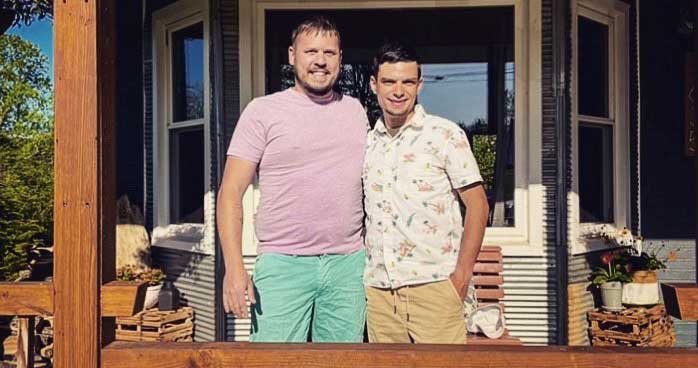

For newly certified foster parents Travis and Michael VaZant, fostering was on their minds for a long time…
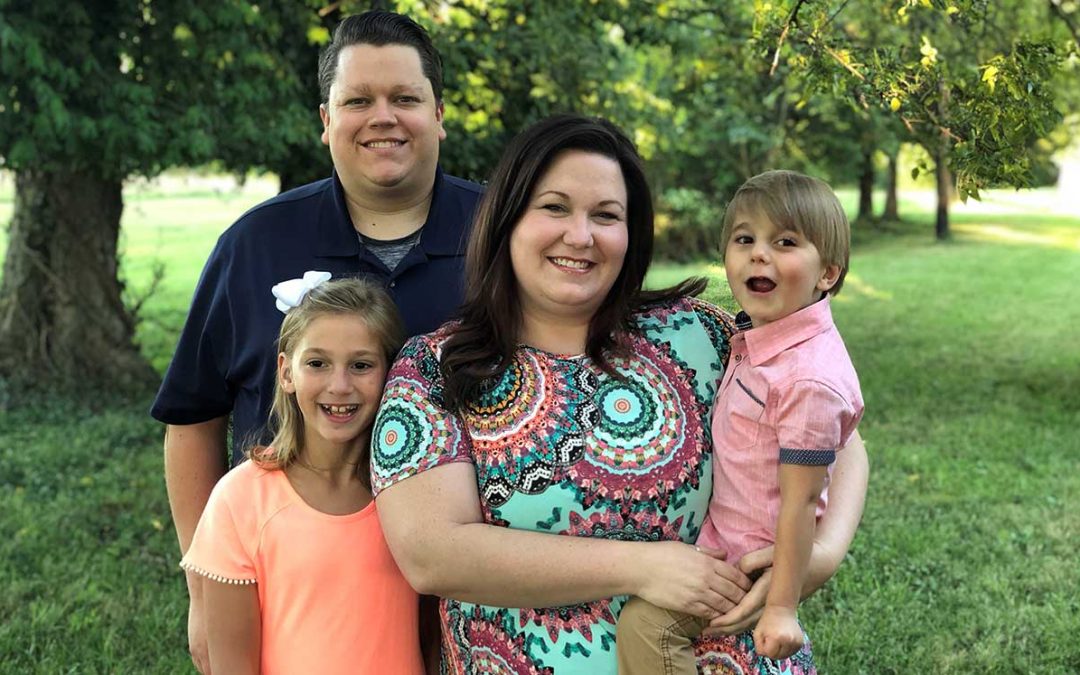
Erin and Robert Spivey first thought about becoming foster parents after meeting a teenage girl in foster care…
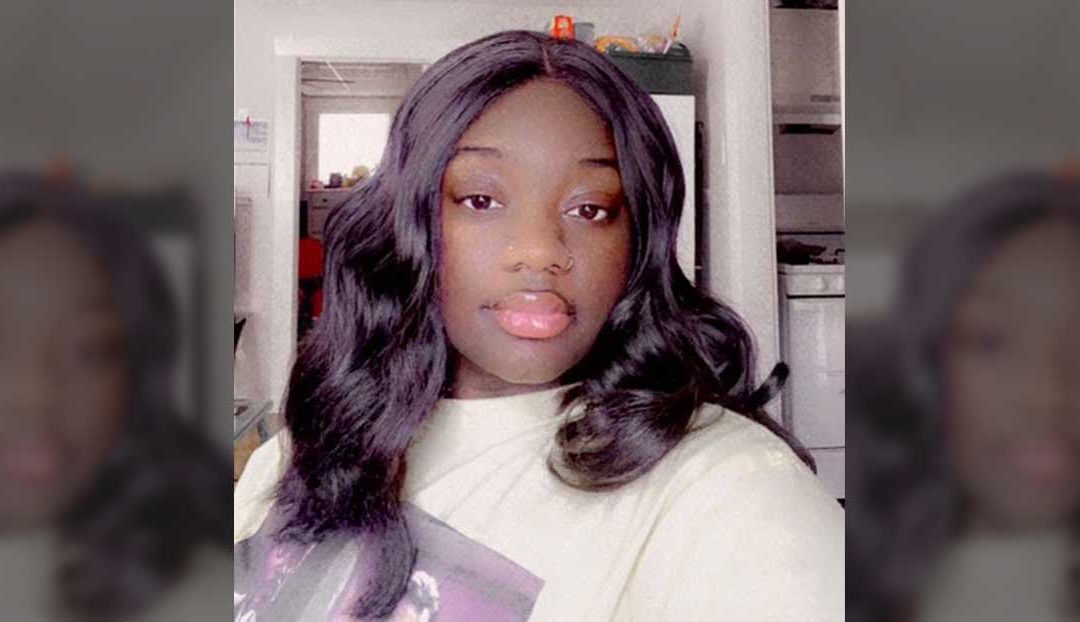
At 16 years old, Maddie gave birth to a baby boy. She was living in a small apartment…
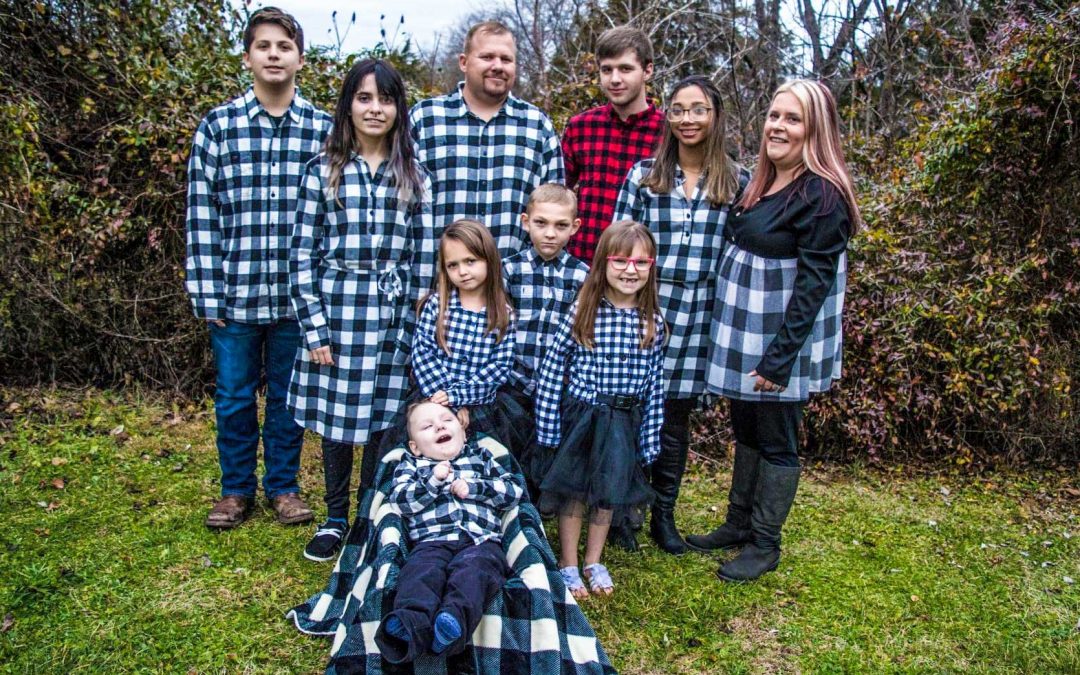
When they set out to foster one child, Angela and Kevin Grant never expected…
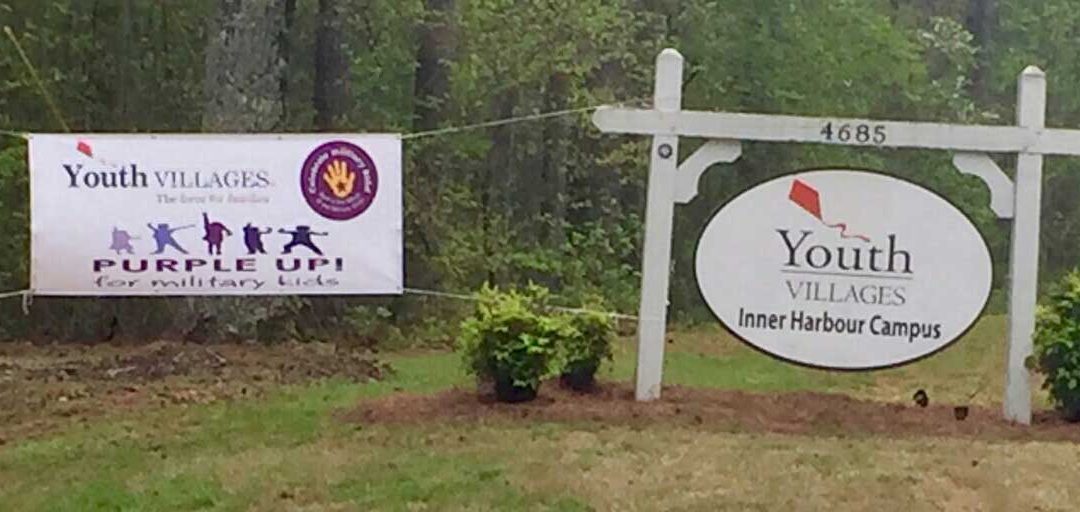
April is designated as the Month of the Military Child (MOMC), a time to honor…
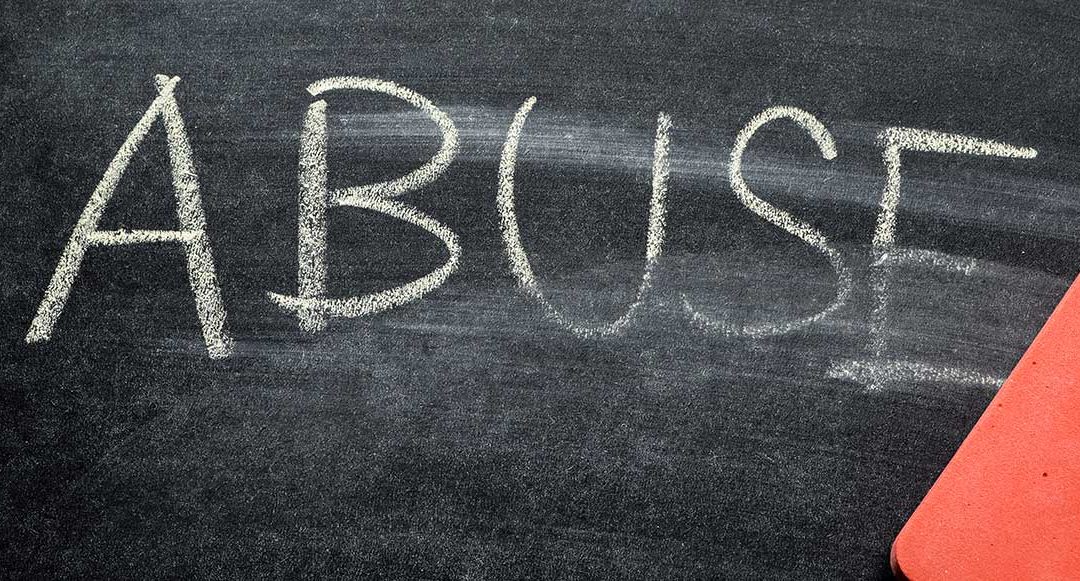
In 2020, the COVID-19 pandemic brought us many changes: changes in the way we do business…
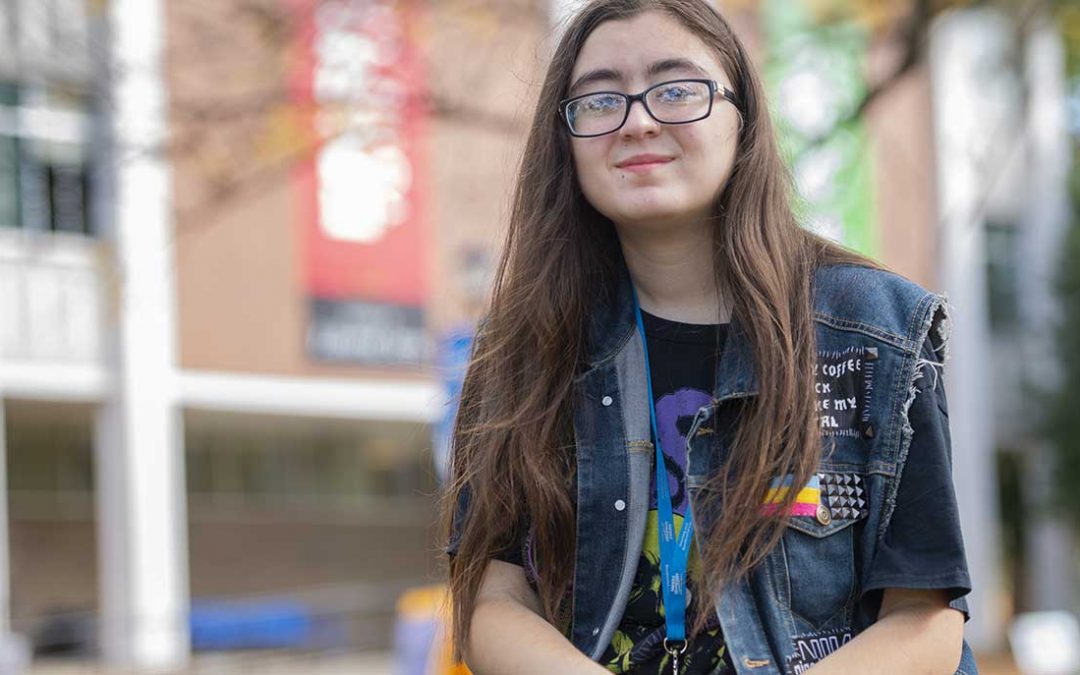
Serena first entered foster care when she was 16 years old. ..
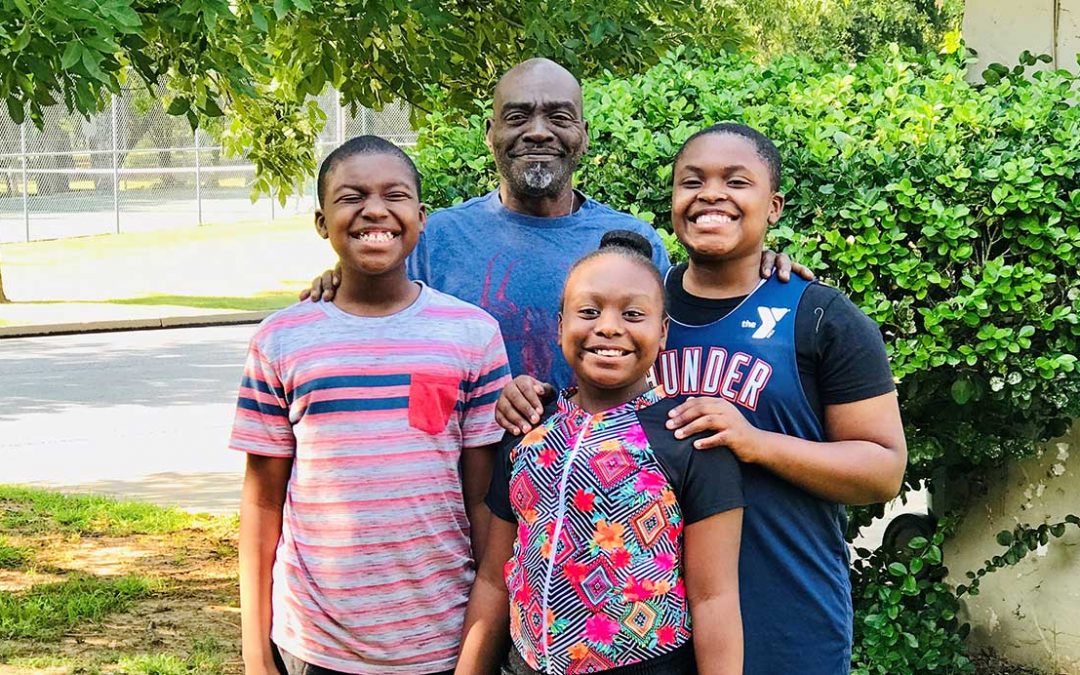
Michael, Jr., a 13-year-old from Oklahoma, his parents and his siblings successfully…
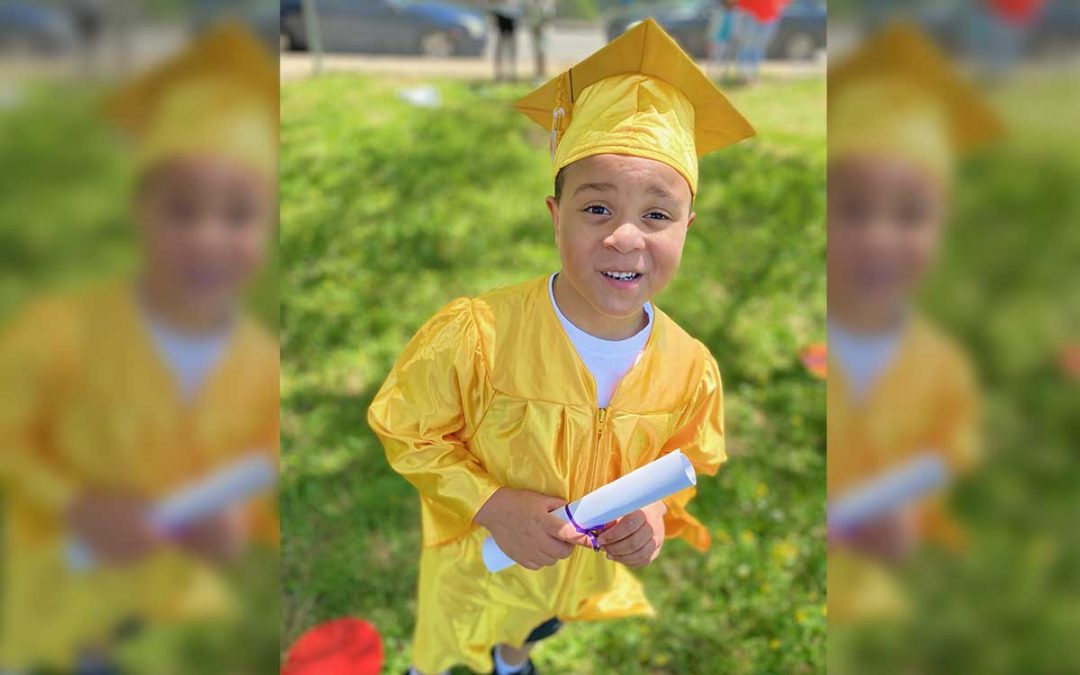
Lance’s problems began early. By the time he was 5…
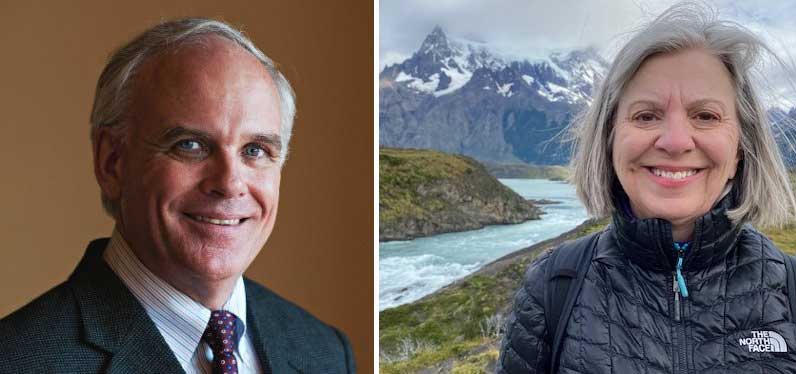
Meet Oregon’s newest board members..